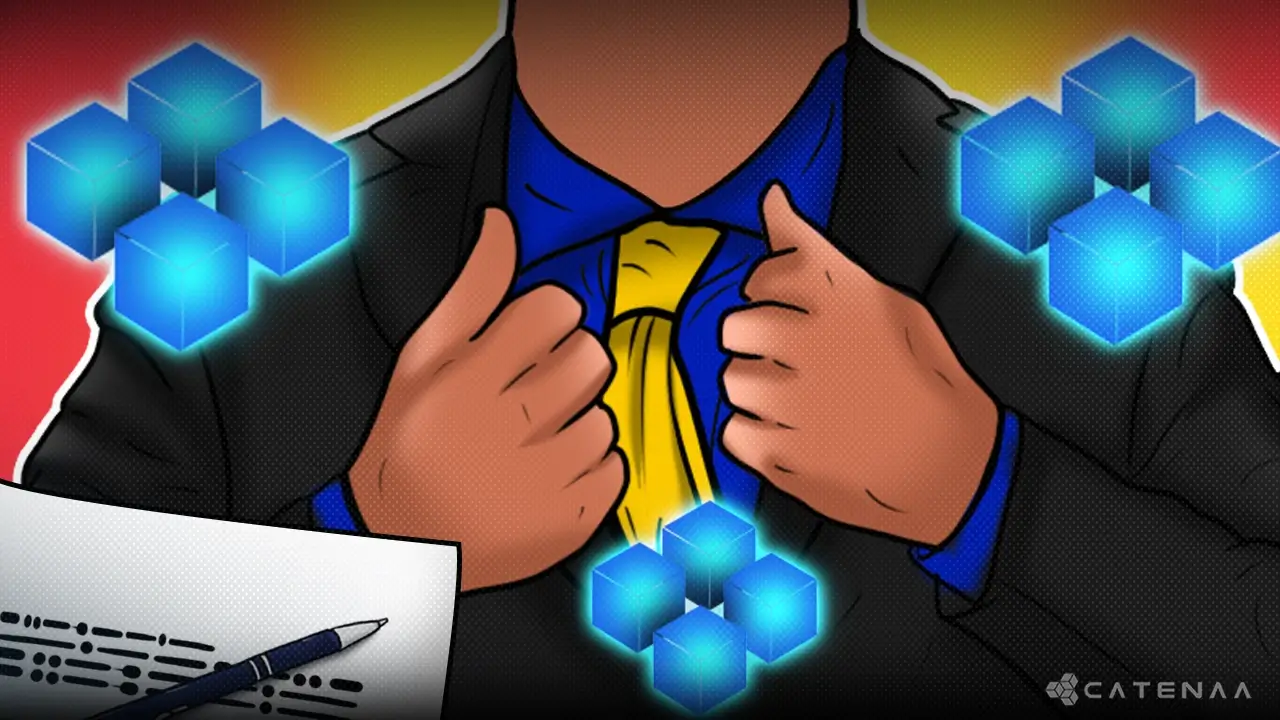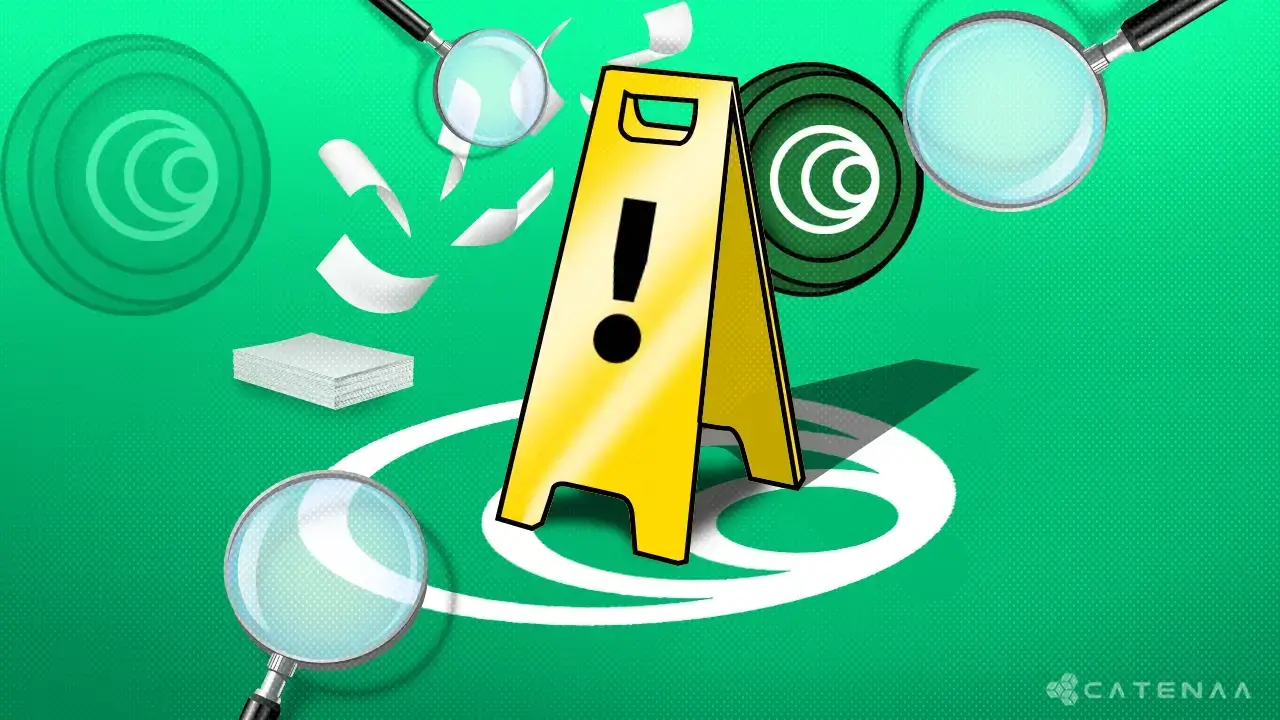In a move to bolster the European Union’s (EU) blockchain infrastructure and foster innovation in the digital realm, Belgium has taken the initiative to revitalize the European Blockchain Services Infrastructure (EBSI) project. This initiative aligns with the country’s presidency of the Council of the European Union, which commences in early 2024.1
The EBSI project, launched in 2018, aimed to establish a shared blockchain infrastructure across the EU, facilitating secure and efficient cross-border transactions. However, the project’s progress has been slow, and Belgium’s leadership aims to reenergize its development.
Mathieu Michel, Belgium’s Secretary of State for Digitization, has highlighted the importance of blockchain technology in driving innovation and enhancing the efficiency of public services.2
He envisions the renewed EBSI project as a catalyst for developing secure and reliable blockchain solutions for various applications, including cross-border payments, supply chain management, and digital identity management.
Belgium’s renewed focus on EBSI aligns with the EU’s broader ambitions to embrace blockchain technology and its potential benefits.
The EU Commission has identified blockchain as a key strategic technology, recognizing its potential to transform various sectors and improve the lives of EU citizens.
The redrawn European Blockchain Services Infrastructure (EBSI) project will concentrate on four principal areas.
First, it aims to identify and cultivate blockchain-based solutions for public sector applications, encompassing digital identity management, procurement processes, and citizen services.
Additionally, the project seeks to establish a clear and unified regulatory framework for blockchain applications within the European Union, with the objective of promoting legal certainty and fostering innovation.
- Crypto news: https://crypto.news/belgium-leads-charge-to-renew-eu-blockchain-infrastructure-project/[↩]
- Science Business: https://sciencebusiness.net/news/ict/belgium-focus-public-sector-european-blockchain-during-its-eu-presidency[↩]


